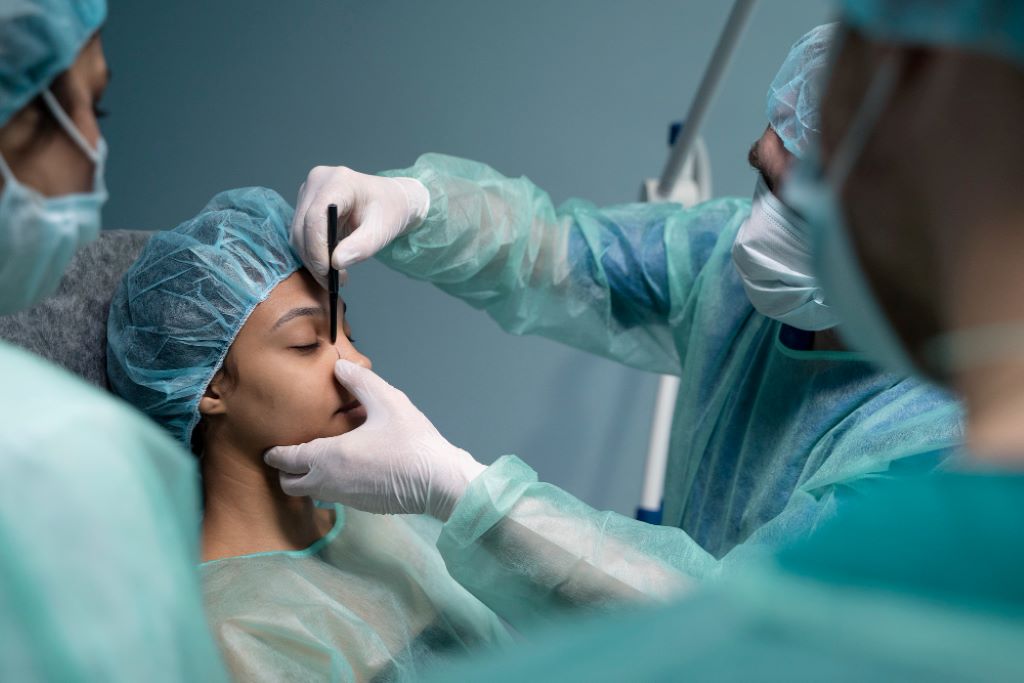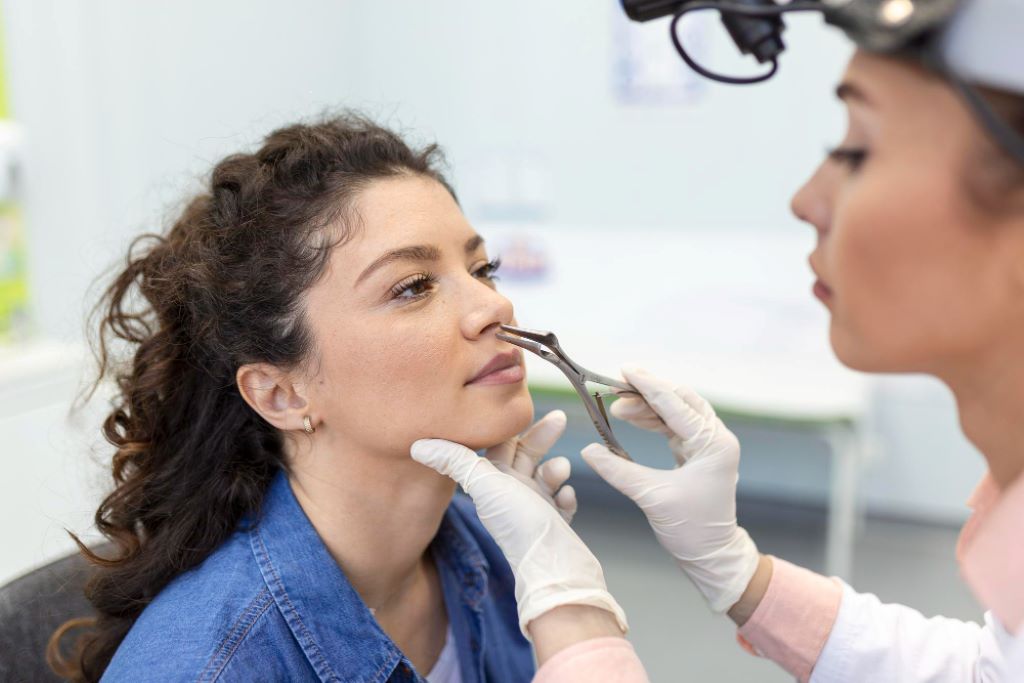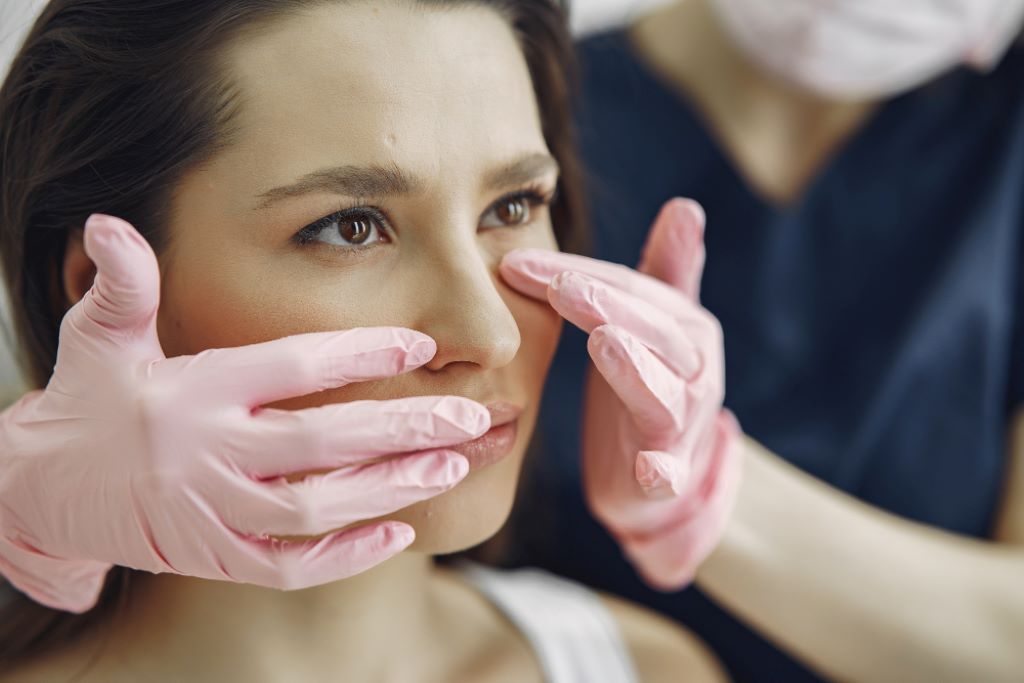The Intersection of Aesthetics and Well-Being: How Rhinoplasty Impacts Self-Image and Confidence
In the realm of health and lifestyle, the decision to undergo rhinoplasty goes beyond the physical transformation of the nose. This surgical procedure has a profound impact on an individual’s self-image and confidence. Let’s delve into the psychological aspects of rhinoplasty and explore how it contributes to the enhancement of self-esteem and overall mental well-being.
The Psychological Landscape of Rhinoplasty
Rhinoplasty, commonly known as a nose job, extends beyond its physical implications, delving deep into the psychological landscape of an individual.
The rhinoplasty surgery procedure is often a journey of self-discovery, intertwining aesthetics with self-perception.
In this exploration of the psychological aspects of rhinoplasty, we’ll navigate the intricate terrain where personal motivations, self-esteem, and body image converge.
Understanding the Motivation
Before diving into the psychological effects, it’s crucial to comprehend why individuals choose rhinoplasty. While some opt for functional improvements, many seek aesthetic changes to align their appearance with personal preferences or societal standards. This decision often stems from a desire to boost self-confidence and achieve a more positive self-image.
The Body Image Connection
Body image plays a pivotal role in mental health and well-being. The nose, as a prominent facial feature, significantly contributes to one’s overall perception of oneself.
For those who are dissatisfied with the shape or size of their nose, this dissatisfaction can affect their confidence and self-esteem. Rhinoplasty, then, becomes a transformative journey not just for the nose but for the individual’s entire self-perception.

Self-Esteem and Rhinoplasty
Pre-existing dissatisfaction with one’s nose can cast a shadow on self-esteem. Whether stemming from a perceived flaw or a long-standing discomfort with facial harmony, individuals may find themselves grappling with lower self-esteem.
This dissatisfaction can manifest in various ways, from avoiding social situations to a constant undercurrent of self-consciousness.
Before the Surgery: The Impact of Dissatisfaction
Pre-existing dissatisfaction with one’s nose can lead to lower self-esteem. Whether it’s a perceived flaw or a long-standing discomfort with facial harmony, individuals may find themselves avoiding social situations or feeling a constant sense of self-consciousness.
The decision to undergo rhinoplasty often emerges as a proactive step towards reclaiming control over one’s self-image and, consequently, self-esteem.
After the Surgery: The Journey to Improved Self-Esteem
- Enhanced Facial Harmony: Rhinoplasty’s primary goal is to achieve harmony between facial features. When the nose aligns seamlessly with other elements of the face, individuals often experience a significant boost in self-esteem. This newfound harmony contributes to a more positive self-perception, positively impacting various aspects of life.
- Confidence in Social Interactions: The enhanced self-esteem resulting from rhinoplasty can translate into increased confidence in social interactions. Individuals may find themselves more willing to engage in conversations, attend social events, and present themselves authentically to the world. The psychological liberation achieved through rhinoplasty often extends far beyond physical changes.
- Breaking Free from Limiting Beliefs: Many individuals carry limiting beliefs about their appearance, often rooted in societal beauty standards. Rhinoplasty can be a catalyst for breaking free from these constraints, empowering individuals to embrace their unique beauty and appreciate their individuality. This shift in mindset contributes significantly to improved mental well-being.

The Role of Consultation and Communication
The journey to rhinoplasty and its psychological impact begins with a crucial element: open and transparent communication during consultations. This phase is not just a formality but a pivotal moment where the plastic surgeon and the individual contemplating rhinoplasty establish a collaborative partnership.
Collaborative Decision-Making
The journey to rhinoplasty and its psychological impact begins with open and transparent communication between the patient and the plastic surgeon. During consultations, the surgeon plays a crucial role in understanding the patient’s motivations, addressing concerns, and setting realistic expectations.
Managing Expectations
Setting realistic expectations is paramount in ensuring a positive psychological outcome. Plastic surgeons should communicate the potential benefits and limitations of rhinoplasty, helping individuals understand that while the procedure can enhance aesthetics, it may not necessarily address underlying mental health issues.
Ethical Considerations in Rhinoplasty
As we explore the intersection of aesthetics and well-being in rhinoplasty, ethical considerations become paramount. The journey towards enhancing one’s appearance should align with the principles of body positivity and the celebration of individuality.
Body Positivity and Individuality
In the pursuit of aesthetics, it is essential to emphasize the importance of body positivity and the celebration of individuality. Rhinoplasty should not be viewed as a tool for conforming to societal norms but as a means for individuals to express themselves authentically.
Mental Health Screening
Before undergoing rhinoplasty, individuals should undergo mental health screenings to ensure that the decision is rooted in personal choice rather than external pressures. Ethical plastic surgeons prioritize the mental well-being of their patients and may recommend additional psychological support when necessary.

Conclusion
In the intersection of aesthetics and well-being, rhinoplasty emerges as a transformative journey that goes beyond physical changes. The psychological impact of rhinoplasty on self-image and confidence is profound, offering individuals an opportunity to align their external appearance with their internal sense of self. When approached with transparency, ethical considerations, and a focus on individuality, rhinoplasty can contribute positively to mental well-being, empowering individuals to embrace their unique beauty and live authentically.






